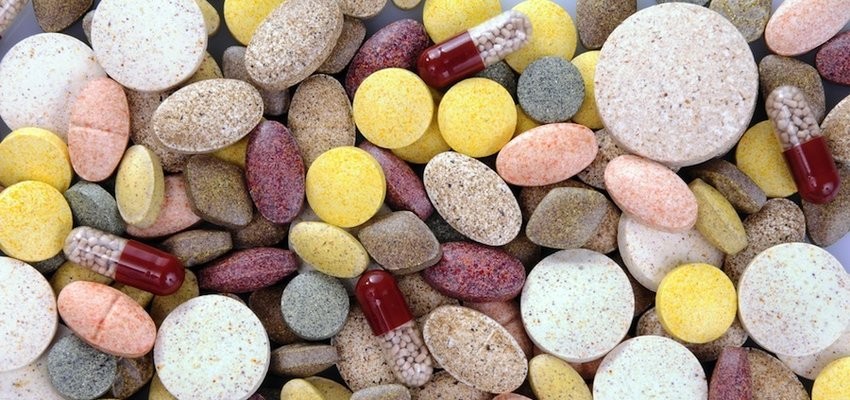
by Dr. Michael Murray | May 19, 2015 | Weight Loss
Introduction: Most Americans eat a very limited range of foods and consume a very monotonous diet as a result. It seems entirely possible that excessive calorie and food consumption may be some sort of physiological craving gone awry. In other words, perhaps the brain...

by Dr. Michael Murray | Mar 29, 2015 | Weight Loss
If you are like most people, you probably have a hard time taking the weight off and keeping it off. Maybe you’ve tried several diets that didn’t work, or you found one that did but by now you’ve gained all the weight back and then some. You’ve probably also...

by Dr. Michael Murray | Mar 24, 2015 | Weight Loss
Introduction: Could weight loss be as simple as taking the right probiotic supplement? Based upon a growing body of evidence, the answer is a definite YES! The term probiotic is used to describe the beneficial bacteria that inhabit the human intestinal tract. The word...

by Dr. Michael Murray | Mar 3, 2015 | Weight Loss
Introduction: With the growing epidemic of obesity and type 2 diabetes it is imperative that Americans utilize safe and effective strategies for achieving and maintaining their ideal body weight. The various drugs used to promote weight loss, as well as many dietary...

by Dr. Michael Murray | Oct 13, 2014 | Weight Loss
Introduction: Some normal weight individuals show obesity-related characteristics such as insulin resistance, elevated fasting blood sugar levels, high triglyceride levels, and high blood pressure. Although eating a high carbohydrate diet is linked to these findings,...

by Dr. Michael Murray | Jul 1, 2014 | Weight Loss
Introduction: There are lots of herbal weight loss products on the market with most offering little hope, but a lot of hype. However, there are also several with confirmed benefits from detailed well-done clinical trials. Rather than getting seduced by the latest...









